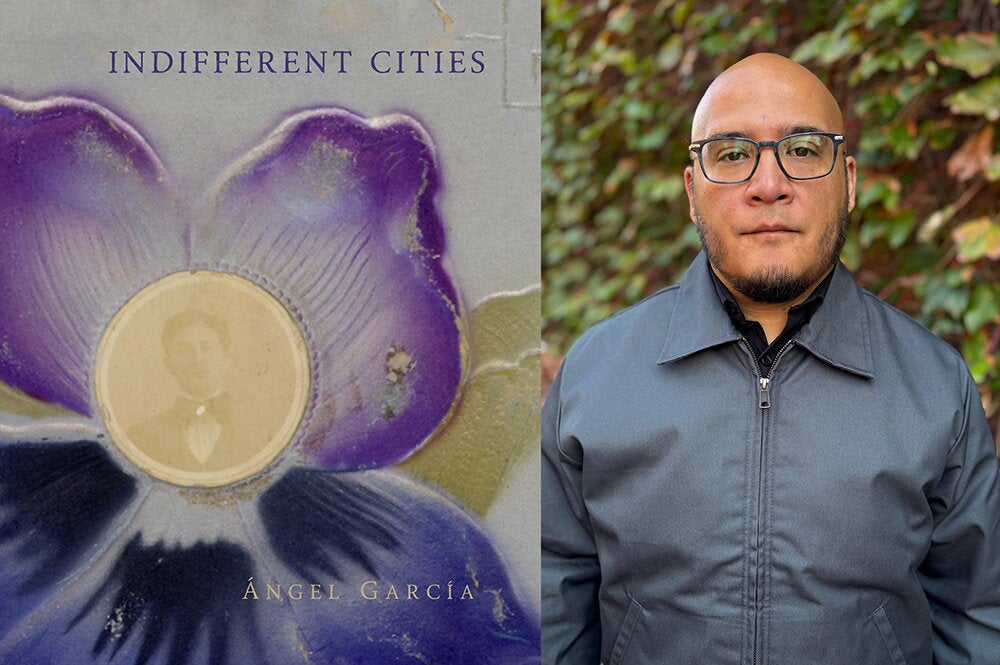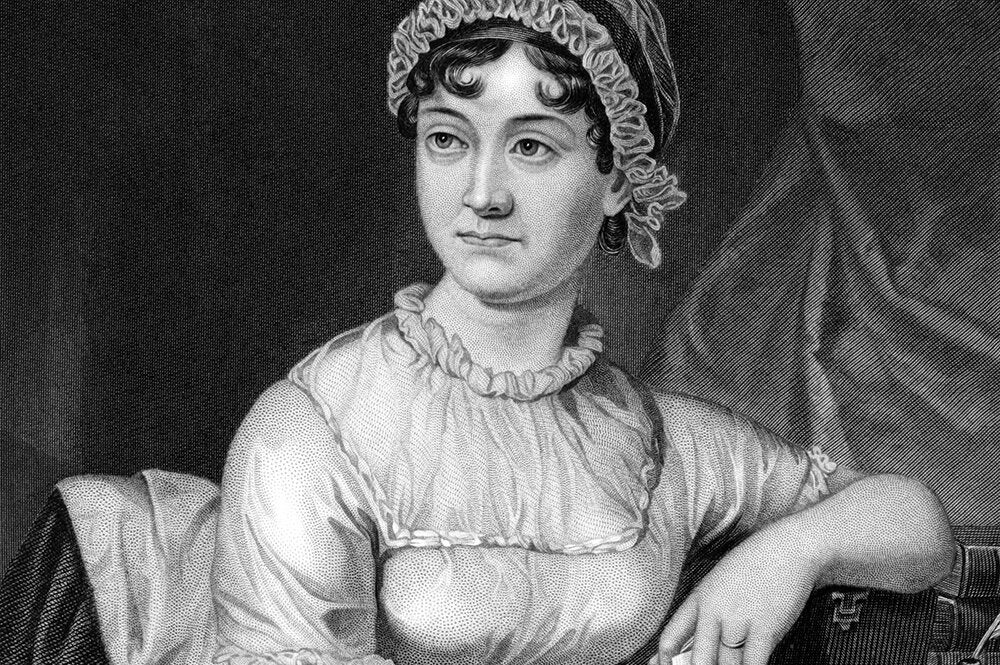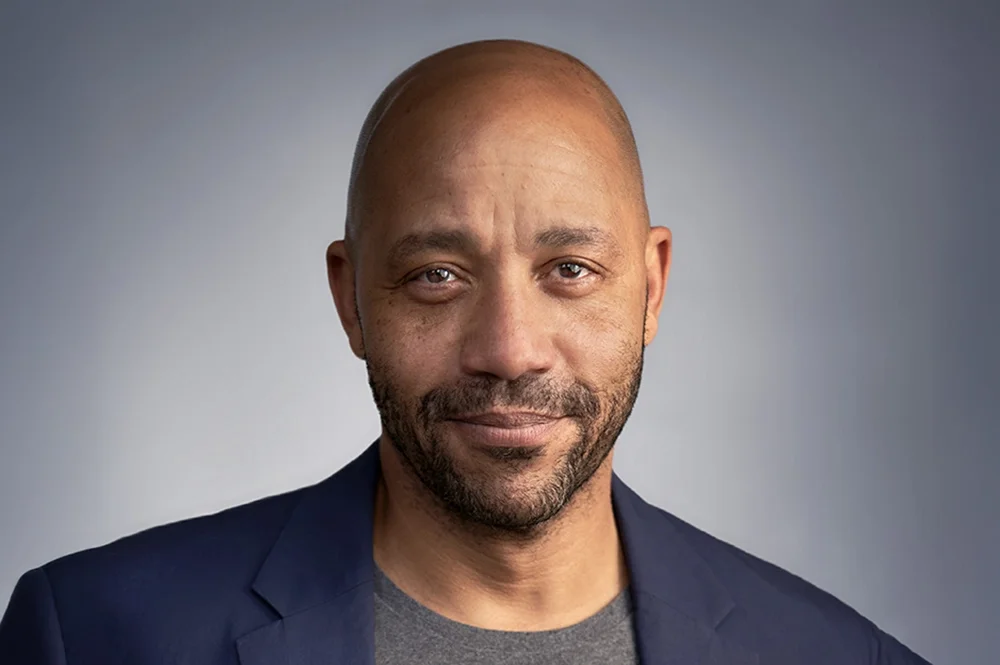
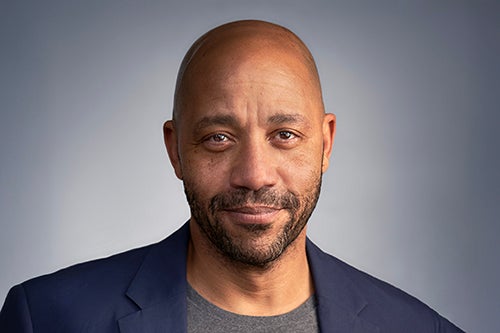
A new novel by English professor David Wright Faladé tells the story of three people in a love triangle in post-World War II Paris. The characters in “The New Internationals” — a young French woman who has survived the Holocaust, a university student from West Africa and a Black soldier — are based on Faladé’s parents.
Faladé will speak about his book in a conversation with English professor Christopher Kempf at a Feb. 6 reading at Spurlock Museum of World Cultures, 600 S. Gregory St., Urbana.
“The New Internationals” is the culmination of decades of work of talking with family members, asking questions, hearing their stories and reading their letters. Faladé’s mother was from a wealthy French family of secular Jews. She survived the Nazi occupation of Paris and the Holocaust by posing as a Catholic.
“At an age where you begin to solidify your identity, the occupation happened,” Faladé said. “She and her family understood themselves to be French at least as much as they understood themselves to be Jews. Hence, the real feeling of betrayal when non-Jewish neighbors turned on them. Her Frenchness was kind of erased during the terror of the occupation.”
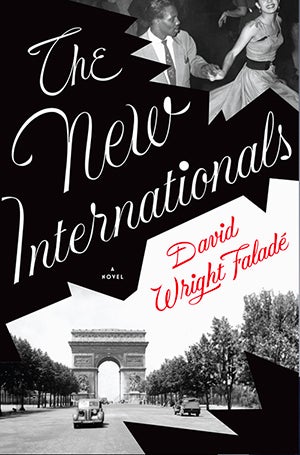
She married a Black American soldier whom Faladé believed to be his father until his teens, when he learned his biological father was a West African who had been involved in anti-colonialism movements in Paris with his mother.
Faladé drew on actual events involving his family for the novel but fictionalized their stories and compressed the timeframe so his characters’ lives in Paris overlapped. While his biological father and the man he calls his “Kansas City father” never met, the male characters in the book are present in the French woman’s life at the same time, vying for her, and she must choose between them.
The context for the story of the love triangle is post-World War II France and the rise of student-led anti-colonialism movements.
Alongside the love story, the novel deals with themes of oppression and victimization that parallel his family’s experiences. His parents dealt with oppression because of their Jewish and Black identities, but they also were privileged in other ways. His mother’s family was wealthy, and they were able to survive the Holocaust by hiding their Jewish identity. His biological father came from an elite family in West Africa that descended from slave traders. His American father was from a poor family and was raised by a single mother but his status as a Black American soldier gave him prestige while stationed in Paris during his Army service.
Faladé wrote a 2022 essay published in The New Yorker about his family and his conflicted feelings of believing he was descended from slaves and learning he instead was part of an African slave-trading dynasty.
“I am the triangular trade embodied. My lineage connects Europe to Africa to America,” he wrote. “These gnarled feelings mirror something of what my mother must have felt after the war — the wound of having been victimized, as a Jew, while also fearing herself complicit in the victimization of others, as a survivor, as French.”
Faladé said The New Yorker essay will be the basis for a new nonfiction book about his family.
“They had such rich, eventful lives that merit being told,” he said.
He said writing the novel has enriched his relationship with his family and drawn him closer to them.
“I always respected them. They are people who confronted really difficult circumstances head on and did the best they could,” Faladé said. “This has given me a deeper appreciation for them and a deeper respect, even reverence, for them. They were very flawed people, but I have a real respect for what they accomplished in their lives as good people in complicated circumstances.”
“The New Internationals” is his third novel. His 2022 novel “Black Cloud Rising” is a fictionalized account of Richard Etheridge, a biracial former slave who led a regiment of Black troops in the Civil War and later led a Black lifesaving crew that made a heroic rescue on the Outer Banks of North Carolina. The rescue was the subject of Faladé’s nonfiction book, “Fire on the Beach.” He also is the co-author of “Away Running,” about a Black American and a white Canadian who are football teammates playing together in France.
